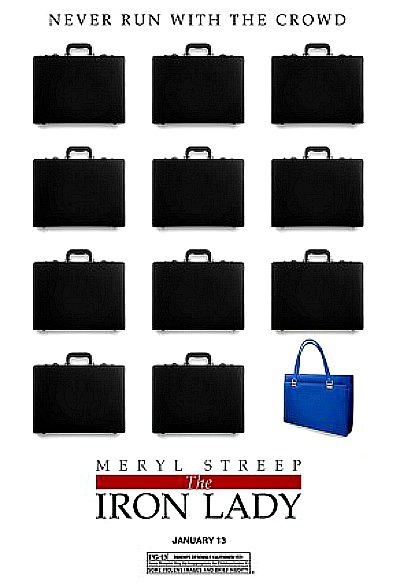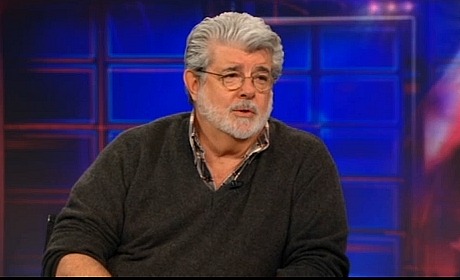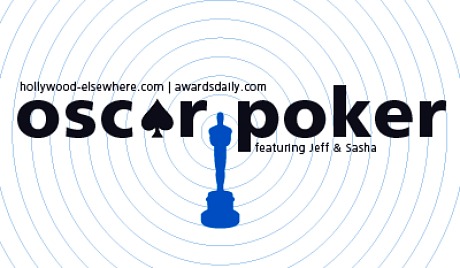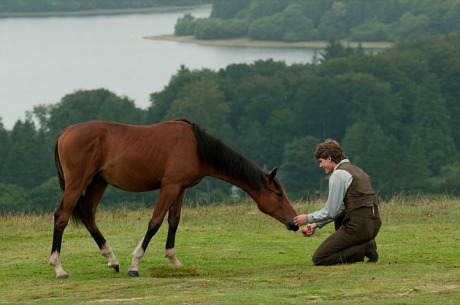War Horse is far from a dead animal. It may be “on its way to the Oscar glue factory”, as an Oscar wag remarked earlier today. But it’s a solid commercial hit with the middle-American family crowd (almost $56 million after two weeks in theatres) and it’s even possible that it’ll land a Best Picture nomination, and that director Steven Spielberg might pull off a Best Director Oscar nomination, despite his having been excluded from the DGA’s list of Best Director nominees.
But given this morning’s DGA announcement and other recent indicators listed today by Hollywood Reporter columnist Scott Feinberg, the likelihood of its winning the Best Picture Oscar is now almost nil. And the chances of Spielberg being nominated for a Best Director Oscar are clearly diminished, although, as noted, it could still happen.
“I sensed a bit of a bump in the road for War Horse, as reflected in my 1.8 Oscar forecast,” Feinberg wrote today. “Although the film was one of the Producers Guild of America’s 10 nominees, it was also snubbed by the Screen Actors Guild (despite featuring a huge international cast that seemed like a strong option for the best ensemble category), the Writers Guild of America (despite the fact that many of its chief rivals in the adapted screenplay category had been deemed ineligible), and the Art Directors Guild (despite the fact that the film’s production design, coordinated by Oscar winner Rick Carter, is one of its greatest strengths).”
So what were the factors that decisively killed War Horse‘s Oscar chances? Was there a Norbit factor (or two or three) that took it down?
My own oft-repeated view is fact that anyone with a smidgen of taste or perspective knew from the get-go that Spielberg’s film didn’t have the internals that would make it go all the way, and that the only thing it had going for it was the fact that many respectable professionals (including Indiewire columnist Anne Thompson and Fox publicity honcho Bumble Ward) admitted it had made them cry.
I have an odd theory. I could be off-base, but I believe that a particular line of dialogue did a lot to stop War Horse. That’s right — one line.
It was spoken during the no-man’s-land, barbed-wire scene when the British and the German soldier are cutting through the wire that has totally entangled Joey. And they start talking about this and that, and the British soldier says (I’m paraphrasing from memory), “You know, here we are…soldiers from opposing sides, standing in a muddy no-man’s-land at night and helping this poor beast get free of the wire. Heh…you know something? I think we should give him a name. But what could we reasonably call him, given that he’s a horse and we’re in the middle of a war? Wait…I know! I think we could call him ‘war horse.’ It kinda fits, you know?”
I was already slumping in my seat when that scene began. But after the British soldier said it I muttered to myself, “Holey moley! All right, that’s it…no way this thing wins the Best Picture Oscar. In fact, it may not even be nominated.”
I was going to call this article “Joey Goes Down,” but I didn’t want to sound smug or snide.




